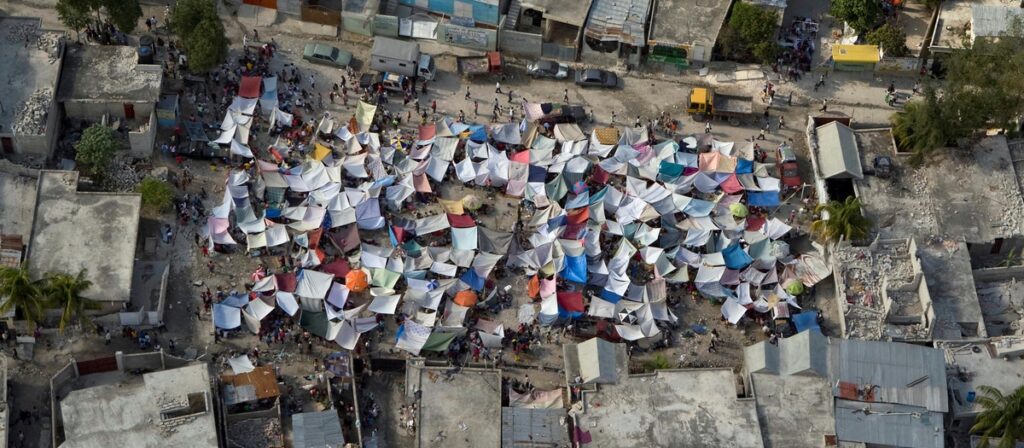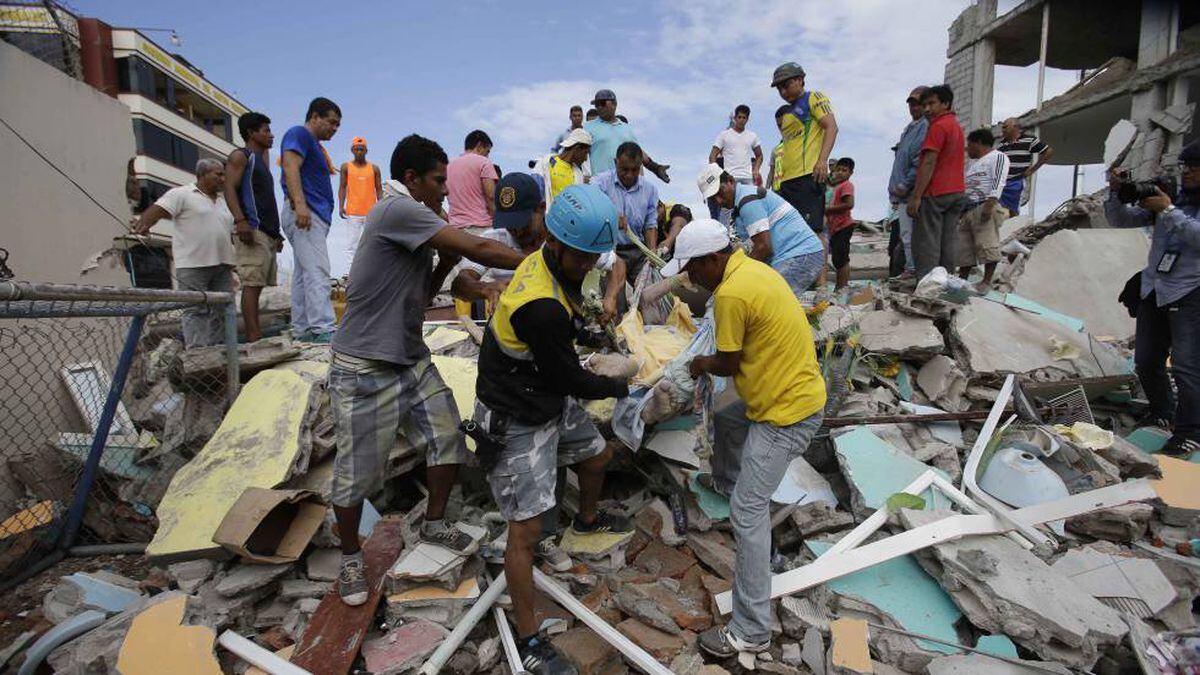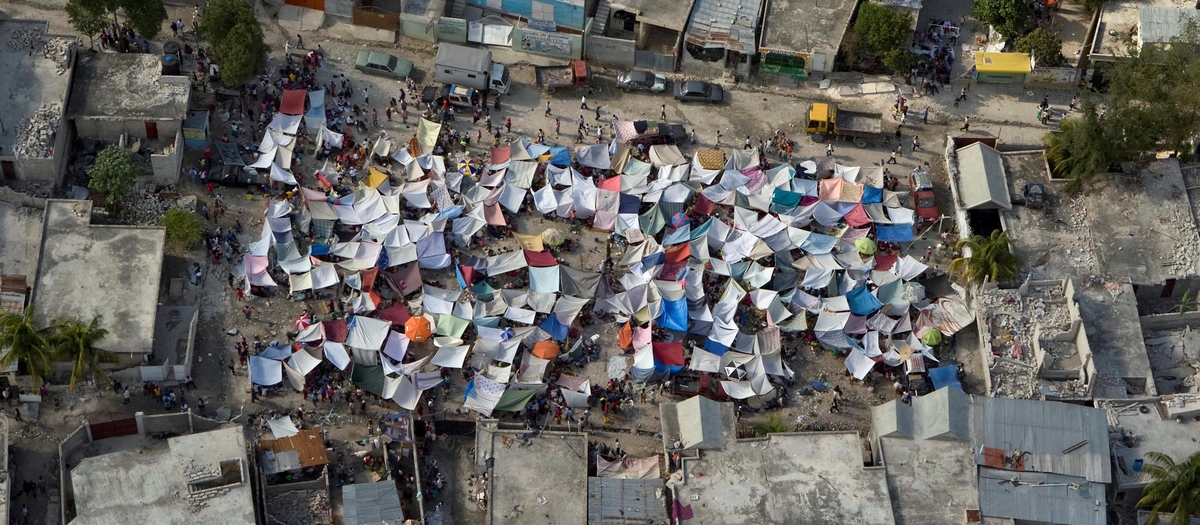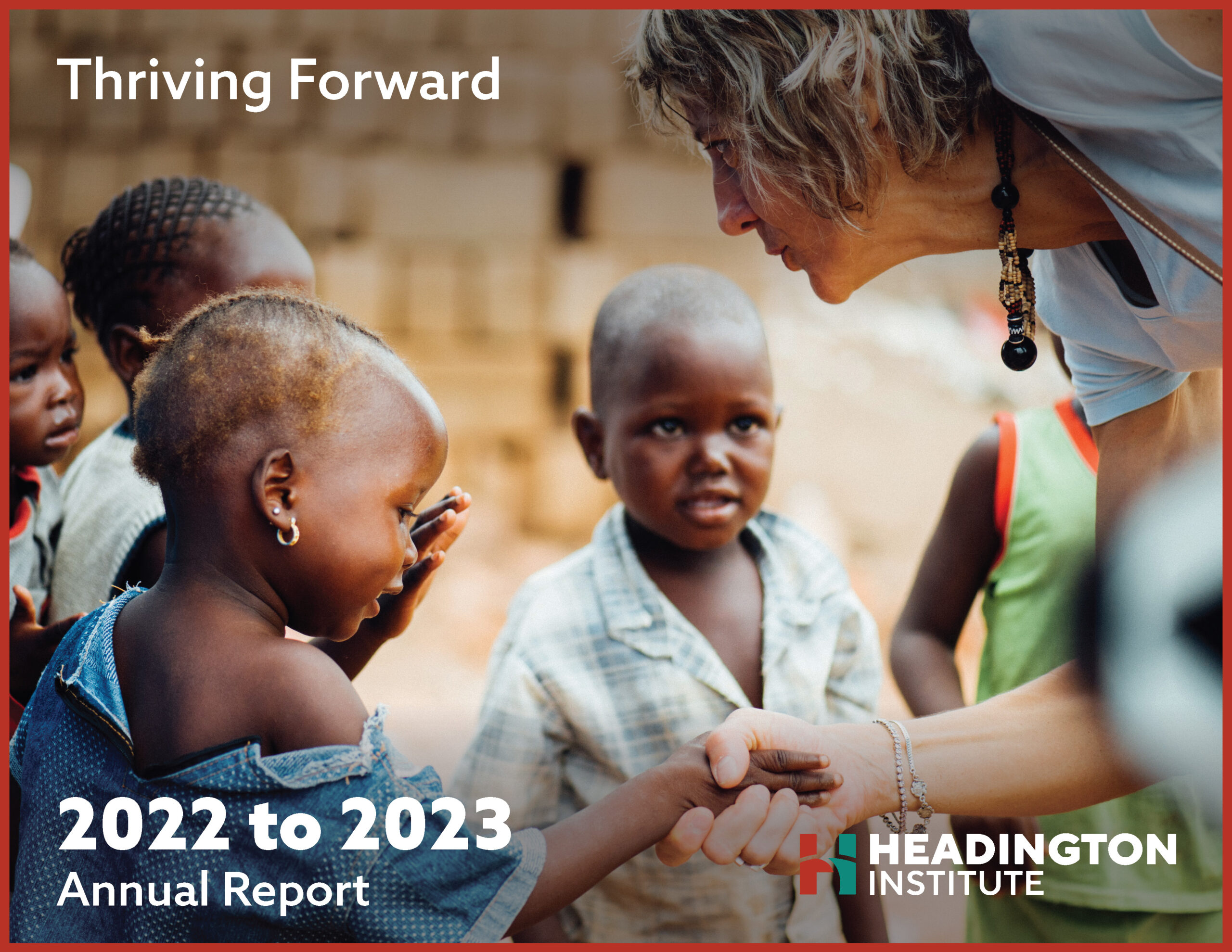At the end of 2022, Collins English Dictionary named “Permacrisis” as their word of the year. Permacrisis refers to an “extended period of instability and insecurity”. As a recent addition to our vocabulary, it validates the feeling of the constant and intertwined challenges we deal with in our modern world.
Many of the challenges and crises we face seem to be growing in complexity and frequency. In 2023 we’ve seen wildfires across North America, unprecedented heatwaves in Europe and Western Asia, flooding in China and Libya, earthquakes, and cyclones, in addition to human-made crises like the continuing war in Ukraine and armed conflicts around the world. In a global society, one crisis can magnify another, leading to a cascade of effects. We see this especially with climate-related disasters: as these disasters increase, the number of food insecure people grows. This both widens the global poverty gap and impairs local community resilience to future events.
While this can feel overwhelming, by naming the reality of permacrisis we can begin to strategize about how to navigate it.
For the past 22 years at Headington Institute, we’ve been supporting workers in stressful environments that regularly experience cascading and compounding crises. Many of our clients describe their daily lives in terms of instability, dangerous situations, and unknown risks—which sound quite like the definition of permacrisis.
From our clients’ experiences and our clinical research, we know that high-stress environments produce a variety of experiences for people:
- Chronic Stress and Anxiety
- Emotional Exhaustion
- Compassion Fatigue
- Psychological Numbness
- Burnout and Moral Distress
At an organizational level we can see the effects of workers’ moral distress and burnout manifest in:
- Reduced Job Performance
- Relationship Strain
- Deteriorating team cohesion
- Management challenges
Our work has also taught us that there are very real tools and solutions when people, organizations, and communities are experiencing permacrisis-like states. Working on even one of the following actions can help you or your team become more resilient.
Individuals can:
- Work on building their support networks
- Practice preventative self-care
- Access professional, holistic health care
- Learn and practice resilience techniques that work for them
Organizations of all kinds, can:
- Openly acknowledge the challenges you are facing as a team or organization
- Create psychologically safe work environments
- Focus on solutions and set realistic expectations for staff
- Offer meaningful support to staff and provide access to rigorous resilience training
- Create a culture that recognizes everyone may have different needs when facing uncertainty
- Develop Trauma-Informed management practices and provide access to Psychological First Aid training to your teams
Permacrisis is a bit like dealing with a never-ending stream of challenges, and it’s not easy to fix because everything is so connected. But it’s important for us to find ways to work together and come up with solutions to make the world more resilient and better prepared to face these ongoing problems. That way, we can make sure our future is safer and more sustainable.
Dr. Diane Flannery
CEO, Headington Institute



